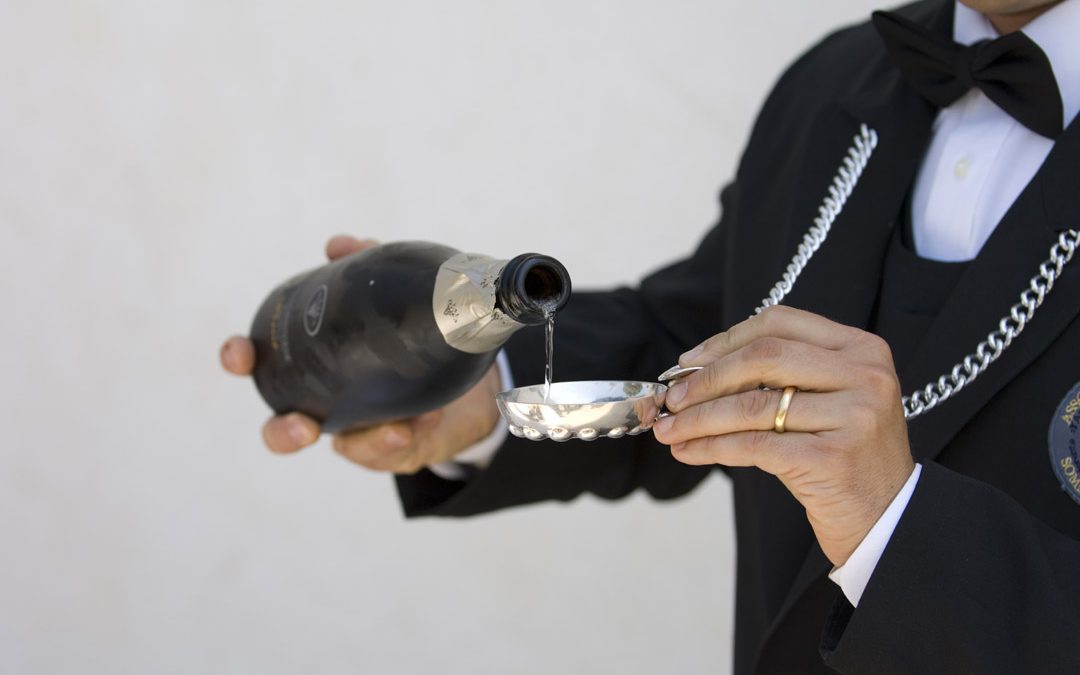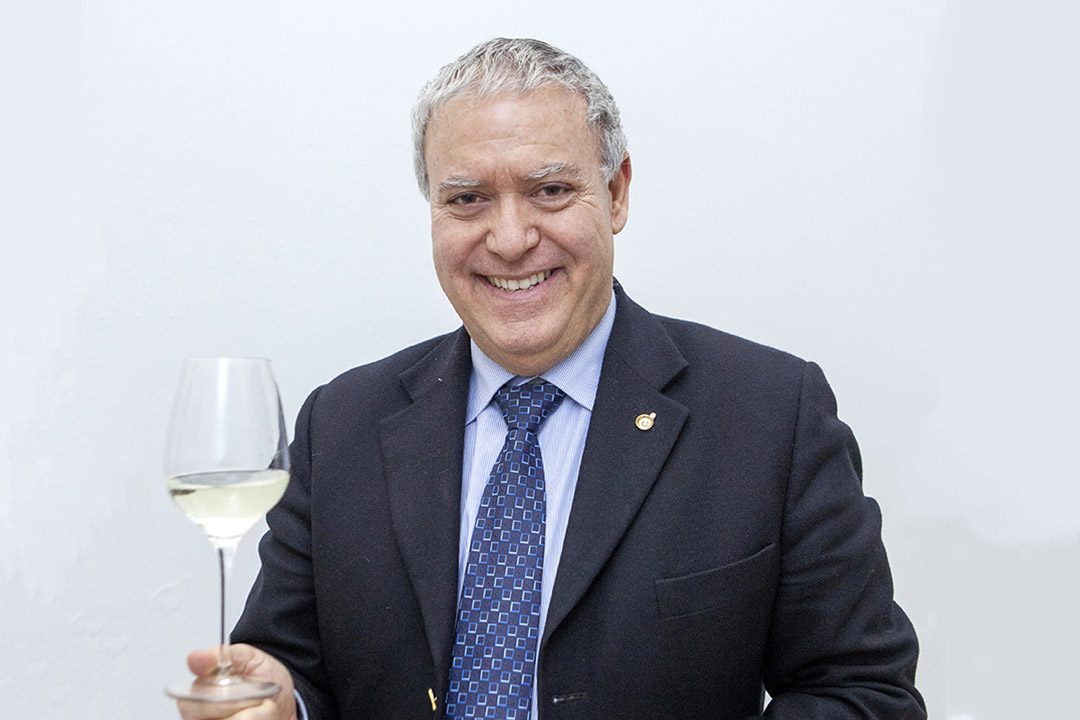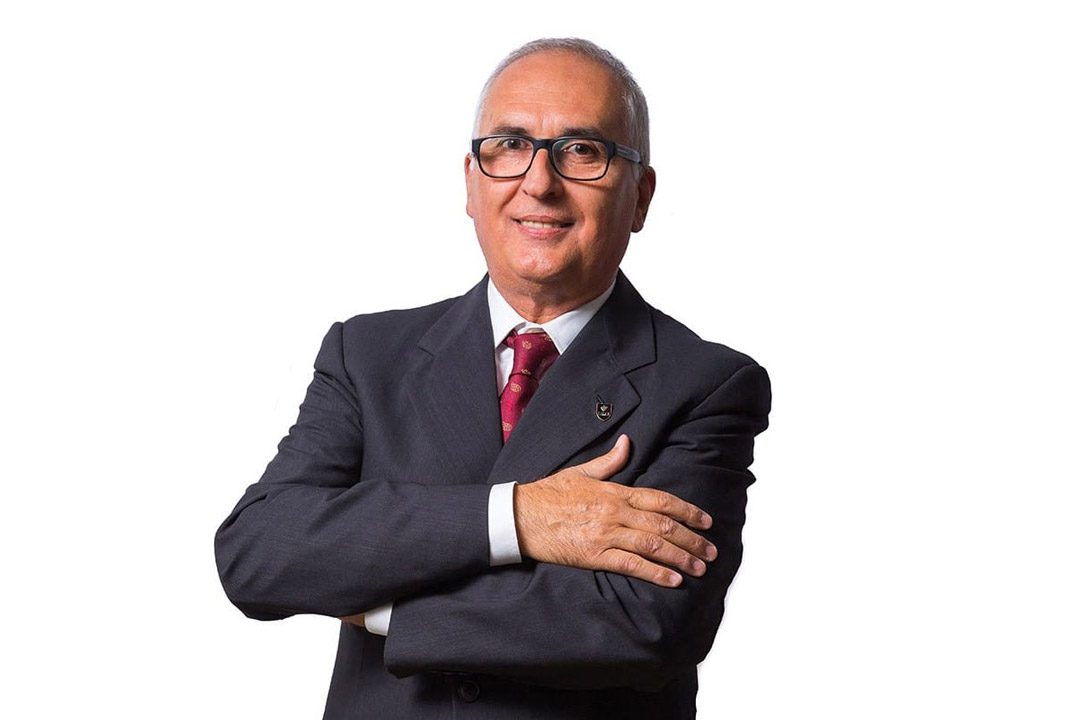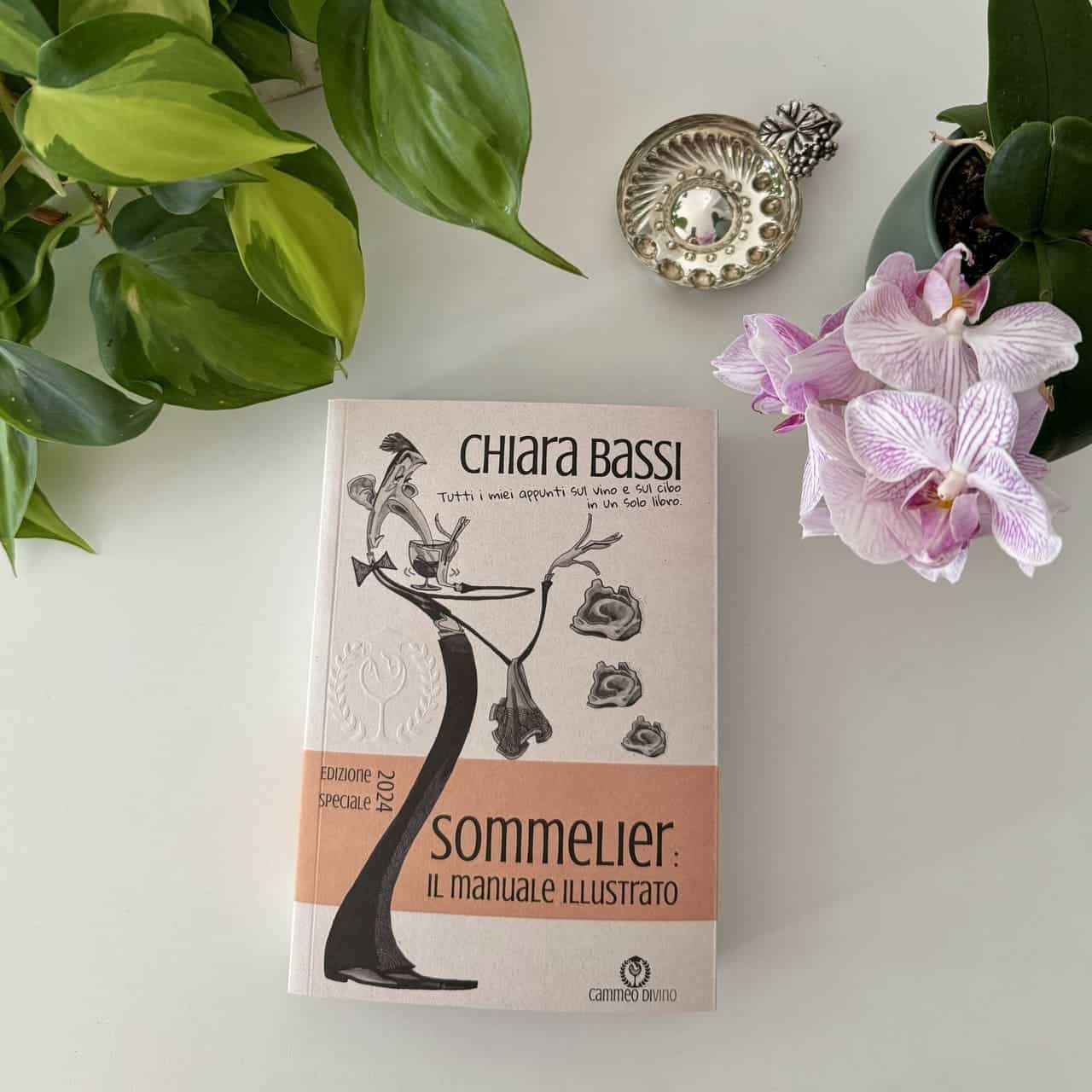The sommelier is that mythological figure who they say understands wine, regardless of whether he or she has chosen to follow a AIS or Fisar course. Nothing could be more wrong: his expertise in the world of the prized son of Bacchus is based as much on studies as on 3 other indispensable factors: the CULTURE (one cannot think of being a good sommelier without an adequate historical/gastronomic culture), theEXPERIENCE (resign yourself: the wines you will taste on the courses are by no means a universal yardstick and above all barely enough to give you an idea! To be good you have to wander around wineries and tastings whenever you can) and the PASSION (becoming a sommelier is a long and constricting path and those who do not have a real passion are unlikely to make it to the end).
The term 'sommelier' is derived from the Provençal French 'saumalier', whose original meaning was '.driver of beasts of burden', with time changed to "food handler'then in "cellarman'. The Latin origin is to be found in the word sagmawhich means soma and, by extension, the load that the pack animals transport.
The sommelier today is a professional able to carry out an organoleptic analysis of beverages in order to assess their type, quality, characteristics and storage potential, especially in relation to the correct wine-food pairing.
[In photo AIS President Antonello Maietta].
In addition to the fundamental technical training and experience that every sommelier must possess, there are certain accessories that are indispensable and fundamental.
- tastevin: now fallen into disuse as a technical tool, but which should never be missing from the neck of every sommelier, as, over the years, it has taken on the value of an authentic symbol of the category. Today, this accessory is also used to inform us whether a sommelier is on duty or not. When on duty, the tastevin is positioned normally, when the sommelier ends his shift - or, in any case, takes a break - he hangs the metal cup from his jacket pocket: this tells us that that sommelier is not, for the moment, 'operational'.
- corkscrew: It is with the corkscrew that the sommelier performs the opening of the bottle. The sommelier's corkscrew must be of the pocket type, with a sober appearance, not particularly showy or conspicuous. It is equipped with a blade, a self-tapping screw and a support tooth for extraction. This type of corkscrew is available in different materials, but the salient features remain common. Other types of corkscrews - such as, for example, the well-known household model with the two characteristic extraction levers on the sides - are not permitted. The exception to the rule, which every sommelier knows to use in moderation, is the old tirabusciònconsisting only of the self-tapping screw and the handle perpendicular to it. Since this tool has no supporting teeth or extraction levers, it is allowed - a unique case in the strict code of the sommelierie - to block the bottle by squeezing it between your thighs, so that your hands are free to exert the necessary force to extract the cork.
- frangine: is a small napkin - usually made of white cotton - used both to clean the bottle of any cork residue or 'tears' after uncorking, and to rest the bottle on when moving between tables and diners, and finally, to dry the neck of the bottle after pouring the wine into the goblet, to avoid the loss of drops.
- thermometer: In order to enjoy the qualities of a wine, it is imperative that it be served at the right temperature, which varies according to the type of wine.
- clothing: When performing his duties, the sommelier must be dressed according to the code and tradition required by the professional associations. Depending on the circumstances, the dress code may vary, but always respecting precise rules.
First of all, I want to make a note: there are only two structures recognised by the Italian State as training to become a Sommelier and they are the AIS 'Italian Sommelier Association' and the FISAR 'Italian Federation of Hoteliers and Restaurateurs'. At the same time, an endless series of other organisations have sprung up that run courses 'below cost' and in a very short time tell you that you will become a Sommelier: well, get it out of your head! That piece of paper has no value except to those who want to give it to them. Alongside this, I can say, from direct experience, that the AIS holds a very good course to give some valuable basics on the world of wine. However, this course is not enough to be a wine connoisseur but should be seen as an excellent starting point. To become a true 'Sommelier' you need to drink, drink and drink again wines of different qualities to learn how to distinguish between them, you need to do vertical and horizontal tastings, you need to wander through cellars, talk to producers. The moral is: whatever course you choose, always remember that this is the start and not the finish. For wine, in my opinion, a true arrival does not exist. The only limit you will have is the one you set for yourself.
Both associations organise courses on an annual basis. Don't be in a hurry to start, choose the one closest to you. The course is long and expensive, better to make a well-considered decision. Personally, I did the AIS first level course in October/November/December 2013, the AIS second level course in February/March/April 2014 and I am currently attending the third level (we are in October 2014). Those who, like me, have a rather demanding course of study behind them will find these courses with a very basic didactics and a teaching method that does not reach the approach of a quality high school. And above all, they will be shocked to find a course that, if done with commitment, takes barely a year and a half (I have the official exam in March 2015). However, I believe that the elementary approach to wine is the right one as not everyone starts from the same level of competence and this ensures that even the most 'backward' person is adequately prepared and easily followed. The moral is: don't expect to be at a wine university, rather at a monologue with 'chatty friends' who really love the subject and try to pass on their passion to you.
[Update 2021: In photo Luigi Terzago, the new FISAR President].
One can become a Sommelier for work or for passion, in my specific case it is a mysterious combination of these two things. This is because I am engaged to a chef who has a top-quality restaurant (Matteo, after having been a pupil of Gualtiero Marchesi, has worked in the greatest Michelin-starred restaurants in Italy and France), and for work I apply my oenological knowledge in drawing up the wine list and sometimes, if I am in a restaurant, I talk for hours about wine with my most passionate clients. However, my main job is still that of Web Designer and I also work as a Social Media Strategist and Web Marketing, which is why I don't do room service: it's not my job and I wouldn't even have time. So let's say I only help out in the room on special occasions.
I would say that you should only become a professional sommelier if you want to work in a top restaurant, with the onus being on keeping the cellar tidy, organising its management to the best of your ability, taking care of the cleanliness of the premises, the storage of bottles, the control of stocks and inventories, checking from time to time the condition of the wine in the bottle and the right temperature to maintain the product. A certain level of humidity must be maintained in the cellar to prevent damage to the wines' aroma.
You can now buy my book dedicated to aspiring sommeliers, sommeliers and winelovers or scroll down the page to continue reading the article!
Book "Sommelier: the Illustrated Manual" Special Edition 2024
All my notes on wine and food in one book.
€ 38,00 VAT included!
In stock (can be backordered)
The sommelier must:
- always keep the 'wine list' constantly updated;
- purchase wines and beverages taking into account the economic resources available, the category of the venue/restaurant and the style of cuisine with a view to great value for money;
- collaborating with the kitchen and restaurant staff;
- managing relations with suppliers of goods and beverages;
- check that the environment complies with the health and hygiene standards laid down in the relevant regulations;
- know wine-tasting techniques.
Above all, the sommelier must carefully manage the customer relationship, which, if possible, is even more important than cellar management. Customer satisfaction must be the primary goal of every sommelier, and for this to happen, the game is played on a human level. Even the most demanding customer can forgive a small lack if you are able to charm him with an affable and unobtrusive culture.
Become a sommelier if you want to do this job or if you simply love wine. I therefore advise you to choose whether to become an AIS or FISAR sommelier, but don't think for a moment that taking these courses is not important. Their teaching, although simple and perhaps a little too mnemonic to the detriment of reasoning, is essential to make you understand what you need to know to take the next step.
Avoid posing as a wine snob: you have earned a piece of paper, but you must remain humble. The world of wine is wide and full of fascinating people from whom you can learn.
I personally have attended AIS courses and enjoyed them very well, especially at the Faenza location, now Alta Romagna. The only flaw in these courses is that the quality of what I drank (and ate at the 3rd level) should not be taken as a universal law as it is usually medium-low. The courses are great because they put you on the path, but it is then up to you to drink and drink again to really know what to talk about.
Good luck on your journey!
Cheers 🍷
Chiara
Resources:




